

Do you have a hard time staying focused when you need to complete important tasks? Are you a chronic procrastinator and find you can only get things done when ‘under the gun’? Do you get bored a lot, and tend to gravitate towards high risk or impulsive activities without knowing why? Do you have a vague feeling that ‘something’ is wrong with you, and that some internal flaw keeps you from living up to your true potential? Have you gotten used to a chaotic lifestyle and feeling chronically overwhelmed? Were you diagnosed with Attention Deficit Disorder or Attention Deficit/Hyperactivity Disorder in childhood and wondered if you have continued to have these problems as an adult?
Attention Deficit Disorder with and without hyperactivity/ impulsivity (ADHD) represent neurological conditions resulting from impairments in executive functioning. Problems with working memory, planning, emotional regulation and motor control are among the most common experienced by people who have it. Research indicates that the frontal lobes, caudate nucleus, basal ganglia, cerebellum all play a role in these symptoms. It affects approximately 6.2% of people in the U.S., and is largely genetic, with a heritability rate of 25% among first degree relatives
I specialize in diagnosing and treating teens and adults with Attention Deficit Disorder both with and without hyperactivity/impulsivity. Most of my adults ADD clients initially had no idea they had a neurological condition.
Under the misconception that they were they were just chronically depressed or anxious, or people who for whatever reason couldn’t ‘get their acts together’, they had been treated by at least one other therapist in the past with very disappointing results. Big surprise: increasing insight about yourself (characteristic of traditional psychotherapy) does not improve upon problems focusing or remaining interested in things. Without specific skill based interventions, chances are you never be able to transform yourself into the person you know you were meant to be!
Some of the most common symptoms in adults are as follows:

- Chronic distractability except when very interested in something.
- Chronic procrastination.
- Indecision, difficulty recalling and organizing details required for a task.
- Poor time management, losing track of time
- Avoiding tasks or jobs that require sustained attention.
- Difficulty initiating tasks and multitasking.
- Difficulty completing and following through on tasks.
- Difficulty multitasking.
- Difficulty shifting attention from one task to another.

-
- Tendency to interrupt in conversation.
- Difficulty sitting still or frequent subjective feelings of restlessness
- Indecision, difficulty recalling and organizing details required for a task.
- Tendency to choose highly active, often risky jobs.
- Seeking constant activity.
- Frequent feelings of boredom
- Self destructive, risk seeking behavior including addictions.
- Intolerant to frustration, easily irritated.
-
Impulsive, snap decisions and irresponsible behaviors
-
Tendency to be short fused.
Together we´ll look at the specific ways ADD/ADHD affects you as an individual, and develop a plan of action to address each with a combination of proven cognitive coping strategies, and natural supplements. This approach almost always includes developing a system for time and task management. To accelerate your progress, you will often have some type of homework to complete in between sessions. Depending on the severity of your symptoms, we may also discuss possible adjunctive treatments such as neurofeedback —brain training shown to improve ADD symptoms—- as well as medications specifically formulated to improve attention and decrease impulsivity.
Because approximately 50% of people who have ADD also have at least one other mental health problem like depression, anxiety or substance abuse, we will find solutions for these in counseling, as well. This will involve identifying the kinds of situations and thoughts that trigger dysfunction, developing new thoughts and coping mechanisms that support mood stability. (For mood management counseling, see my page on Depression. For information on substance abuse counseling, see my page on Addictions.
For many adults with ADD/ADHD, simply being accurately diagnosed can be an incredibly liberating and life transforming experience. This knowledge can put years of frustration and failure in a radically new perspective—one of hope, even excitement about the future. One of the most essential ingredients of the ADD work that I do with my clients is affirming and celebrating the creative, charismatic, ‘out-of-the-box’ qualities that make them so special. With the right ADD friendly tools to manage their challenges, they can actually use their special gifts to make a real difference—-not only in their own lives but in the lives of all who surround them. Do you recognize yourself or a loved one in the symptoms described here?
Become The Organized, Successful and Happy Person You Always Wanted To Be!
